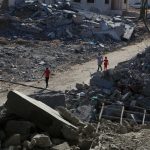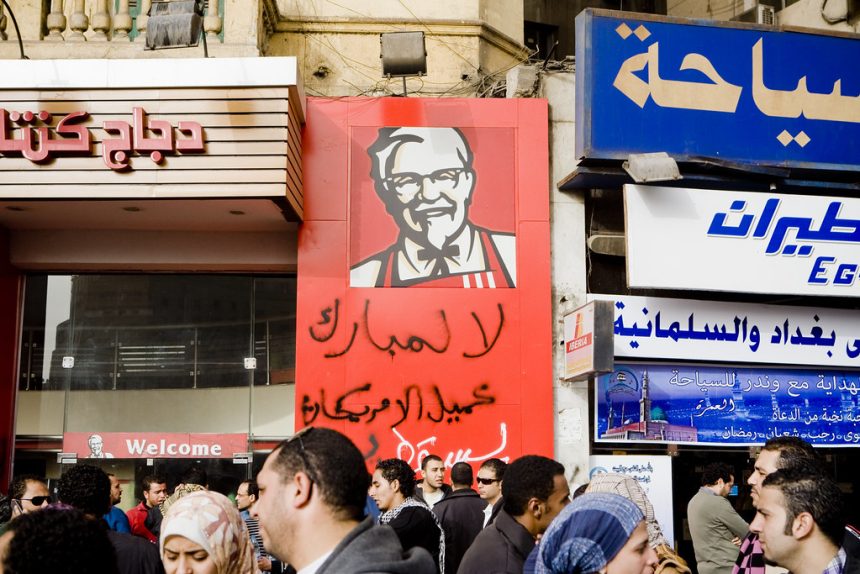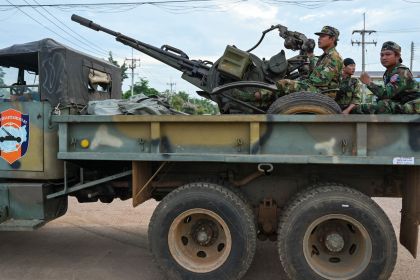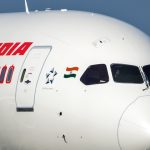Violence erupts across major cities as demonstrators target Western brands over perceived ties to Israel and the U.S.
A wave of violent protests targeting KFC outlets has swept across Pakistan, resulting in the death of a KFC employee and the arrest of over 170 individuals. The unrest is fueled by public outrage over Israel’s military actions in Gaza and the perceived association of Western brands with the U.S. and its allies.
Fatal Incident in Sheikhupura
On April 14, 45-year-old Asif Nawaz, a KFC employee, was fatally shot while working in the kitchen of a branch in Sheikhupura, near Lahore. According to police reports, the bullet was fired from over 100 feet away, striking Nawaz in the shoulder before lodging in his chest. Authorities are investigating the incident, noting that there was no protest at the time, and the motive remains unclear.
Nationwide Attacks on KFC Outlets
In recent weeks, at least 11 KFC outlets across major Pakistani cities, including Karachi, Lahore, and Islamabad, have been attacked by protesters armed with sticks and iron rods. Some locations were vandalized, while others were set ablaze before police intervened. Videos circulating on social media depict mobs storming KFC branches, chanting slogans, and threatening to destroy the premises.
Arrests and Political Responses
Law enforcement agencies have arrested at least 178 individuals in connection with the attacks. Among those detained is a member of the Islamist political party Tehreek-e-Labbaik Pakistan (TLP), though the party denies orchestrating the violence. TLP has called for boycotts of Israeli products but insists it has not organized protests targeting KFC.
Religious leaders, including Mufti Taqi Usmani, have condemned the violence, urging peaceful protests and boycotts without resorting to property damage or endangering lives. Usmani emphasized that Islam does not encourage harming others and called for non-violent expressions of dissent.
Impact on Western Brands
The protests against KFC are part of a broader backlash against Western brands perceived to be linked to Israel or the U.S. In Pakistan, consumer boycotts have affected companies like Coca-Cola and PepsiCo, whose market shares declined in 2023. Similar sentiments have led to protests and boycotts of brands such as McDonald’s and Starbucks in other Muslim-majority countries.
As tensions continue to rise, authorities are increasing security around Western brand outlets, and investigations are ongoing to identify those responsible for the violence. The situation underscores the complex interplay between global politics and local reactions, highlighting the challenges multinational companies face in politically sensitive regions.











